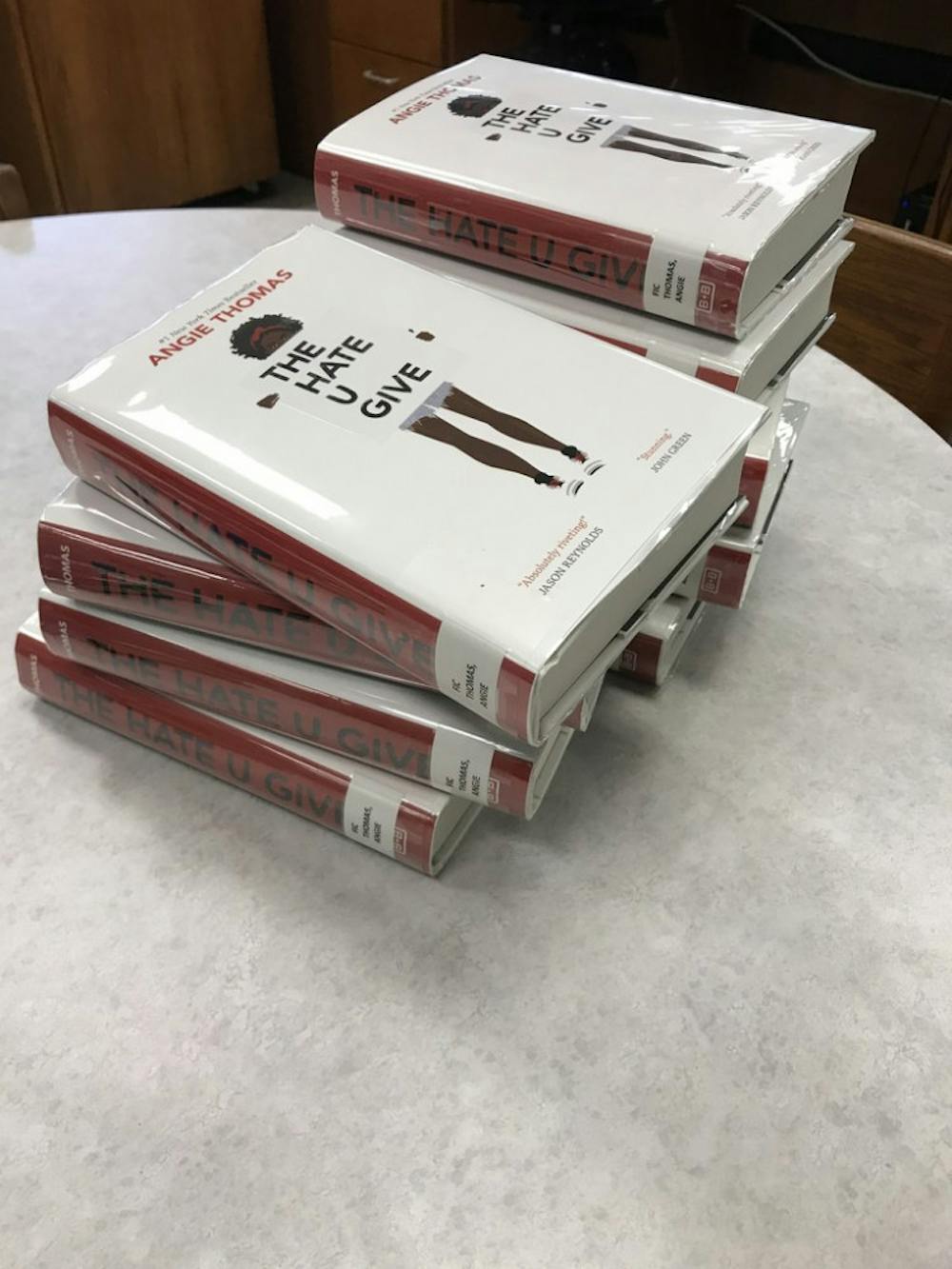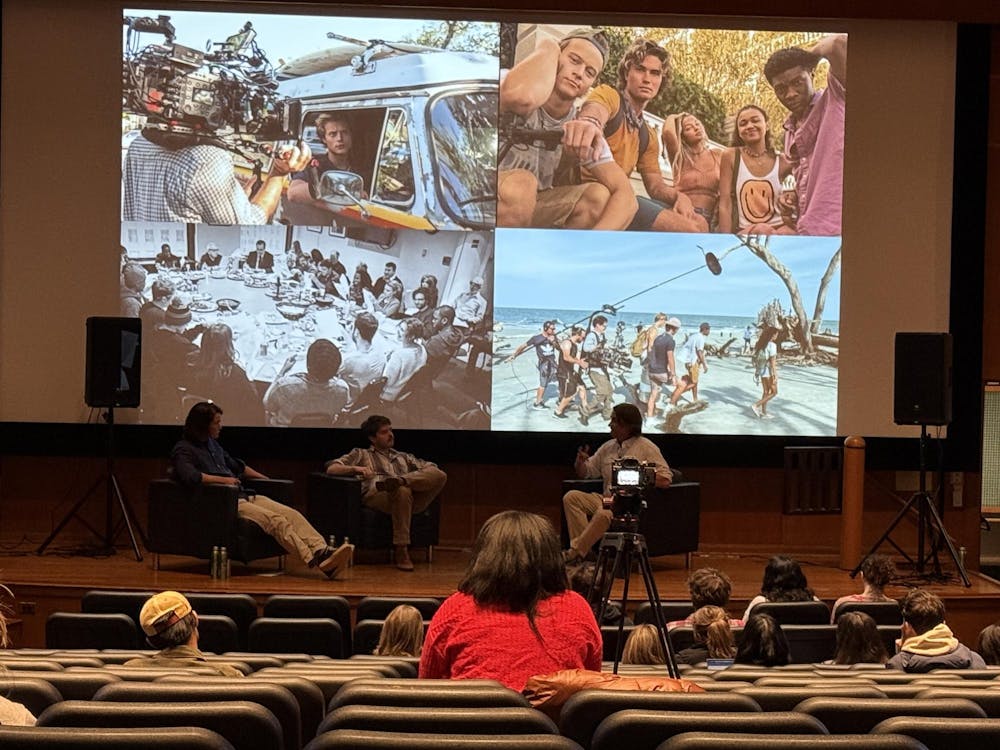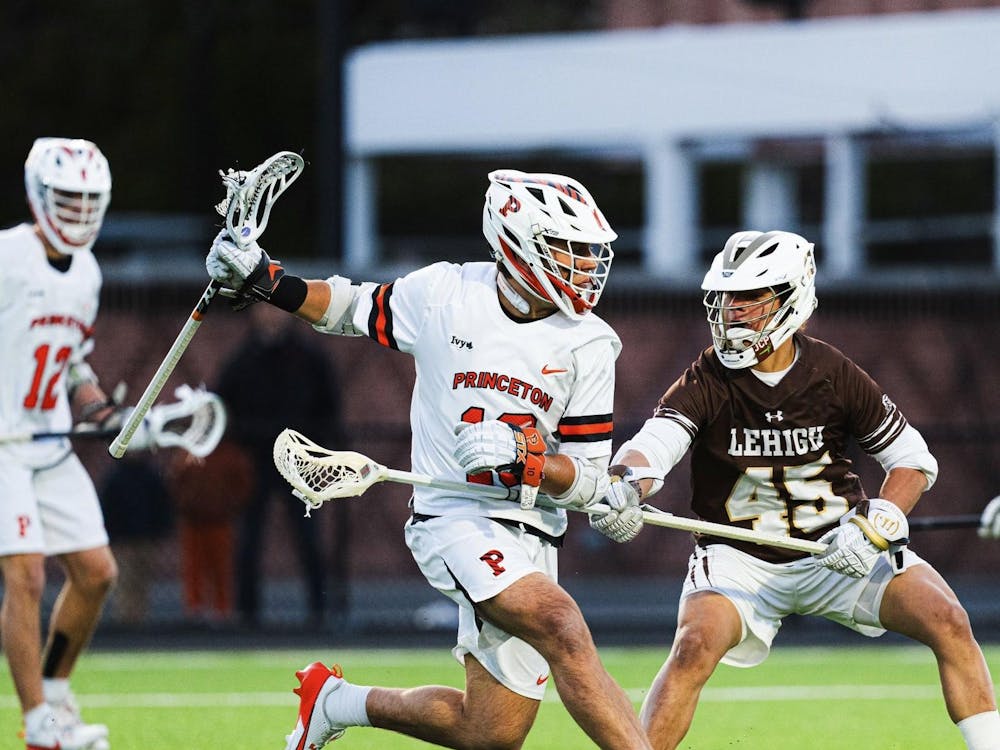Last week, I went with friends to see the premiere of “The Hate U Give,” the film adaptation of a book by Angie Thomas. The film centers on the life of Starr, a young African-American girl who is caught between her two worlds: her low-income, black life at home in fictional Garden Heights and her mostly white private school in Williamson. Starr is constantly having to code-switch between being her unapologetic self at home and what she calls “Starr, Version 2,” her quiet, non-threatening alter ego.
Starr is able to maintain this uneasy balance until she witnesses the murder of her friend Khalid, unarmed, by a white police officer. Now, Starr must choose to either continue living in her two worlds or pursue what she ultimately sees as standing up as for Khalil and her home community.
Yet Starr’s reality is not confined to fiction. Whether it be Williamson’s pseudo-support of black lives or its overt racism, the lessons learned in “The Hate U Give” translate to our own campus and beyond and force us to ask ourselves how well we are actually standing against racism and in solidarity with students of color.
After Khalil’s death, Starr begins to open her two worlds, taking pride in her blackness even when she is at her predominantly white school. The murder compels her to speak out against racism and police brutality. Her white classmates, who were comfortable with a quiet Starr, now casually offer racist comments, with one white girl telling Starr that Khalil’s murderer was just “doing his job.”
For me, one of the most striking scenes is when white students organize a “protest” as an excuse to skip class. “What? It’s a good cause, and do you really want to see our math teacher’s face this morning?” the same white girl asks to Starr.
This kind of empty support of black lives is also common at Princeton. Too many times, I have heard white friends say that black lives matter and then never give tangible support to black communities when it was needed. We (including me) reblog Tumblr posts and like Instagram pictures memorializing unarmed black men like Khalil, yet we must seriously ask ourselves how often we have actually stood up in material ways for black lives.
Rather than just standing against racism in the abstract, we need to challenge that racism when it persists in our own communities. We do not ask black students what they actually need, but rather we assume we know best. Still, we need to also remember it is not the responsibility of black communities alone to teach us how to act; rather, we should be taking steps in our own circles that challenge racism.
Starr’s boyfriend, a white classmate named Chris, initially tells Starr that he does not see color. I have heard this line from many of my peers, claiming a false reality of a post-racist world in which they are somehow able to shed their white privilege and see everything as equal when, in reality, it is not.
“If you don’t see my blackness, you don’t see me,” Starr replies. She teaches that blackness — and any oppressed or minority identity — should not be overlooked but instead but celebrated. This erasure of cultural differences by insisting nonexistent equality also makes it seemingly easier to ignore the systemic injustices that perpetuate that very inequality.
I have often noticed white individuals offering their own oppression to somehow relate to racism, claiming “I am gay and oppressed and therefore understand your oppression.” Yet this equation seemingly allows white people to make ourselves exempt from our privilege, when we really should be taking responsibility for our communities as a whole and our own ways in which we might unintentionally perpetuate racial injustice. “It is not our differences that divide us,” wrote Audre Lorde, a feminist and civil rights author. “It is our inability to recognize, accept and celebrate those differences.”
“The Hate U Give” also teaches an important lesson about our perception of young black girls, who must internalize their own pain while still striving to care and be present for everyone around them. Starr attempts to repress the trauma of witnessing her friend being killed while still being a dutiful student for her parents and being a non-threatening figure for her white classmates, allowing them to indulge in black culture — speaking slang and blasting trap music — while not carrying the burden of blackness in America. When Starr decides to educate her white friends about this problematic display, she is shut down as angry and defensive.
Starr stands in for so many young black girls who carry this burden and responsibility every day. But it should not have to be their responsibility. We need to do better at understanding black girls’ experiences so that we can be better friends and allies to them when needed. We should stop policing black girls in their tone and language and instead listen to what they have to say and accept how they wish to communicate it. When we listen to black voices, we need to end our desire for “respectful conversations”; this demand is outright tone policing — something that only reinforces racial stereotypes.

In our conversations with black communities, we should remember that any conversation on oppression with someone who benefits from that oppression and holds beliefs that might maintain the power structure is inherently imbalanced. This means that when we engage in these conversations as allies, while they are absolutely necessary, we are not engaging in an act of justice; rather, we are participating in the status quo.
I cannot say I have the answers, and in the past, I have not educated myself to the extent I should. A two-hour blockbuster should not have had to serve as a wake-up call for me — the 798 people killed by the police in 2018 alone should have been enough. Like those 798, Khalil’s story (regardless of its fictionality) is “the same story, just with a different name.”
The hardest reality of “The Hate U Give” is that those who need to see it most probably will not. I encourage Princeton students to see and engage with “The Hate U Give.” It is time white people actually stood in real solidarity and take responsibility for the hate we give. Simply having conversations on racism is not the only part of the fight; for immediate action, we must learn when to talk and when to listen, believe, and follow suit. “People like us in situations like this become hashtags, but they rarely get justice,” Starr reflects. “I think we all wait for that one time though, that one time when it ends right.”
Avner Goldstein is a sophomore from Greenville, S.C. He can be reached at amkg@princeton.edu.








